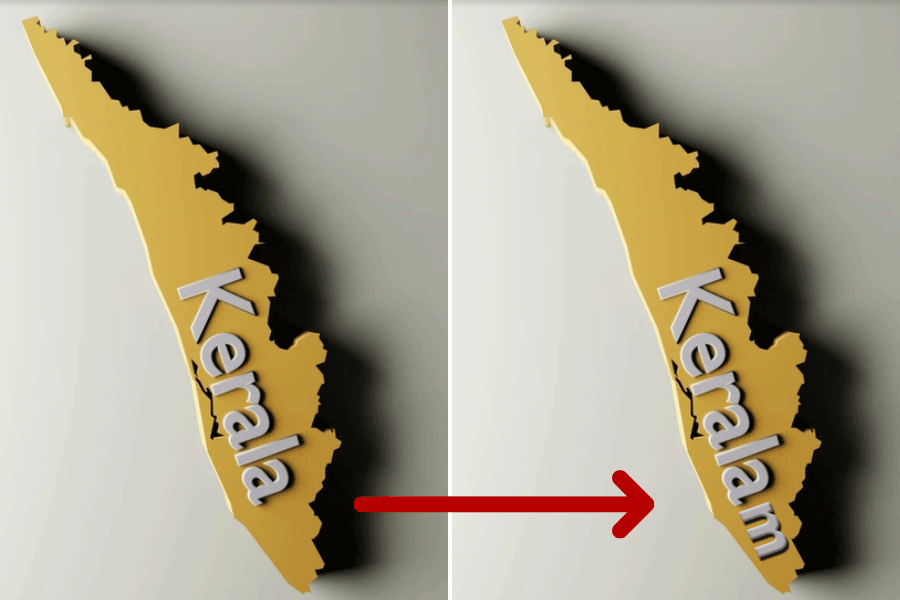The Supreme Court on Tuesday set aside Tamil Nadu governor R.N. Ravi’s decision to withhold 10 bills for the President’s consideration despite being passed by the Assembly twice and set a timeline for all governors to act on bills.
A bench of Justices J.B. Pardiwala and R. Mahadevan also observed that the governor did not have any “veto” power and could not sit on bills indefinitely.
“(The) action of the governor to reserve the 10 bills for the President is illegal and arbitrary and thus the action is set aside,” the court said.
Exercising its plenary power under Article 142 of the Constitution, the court added: “The 10 bills shall be deemed to be cleared from the date it was re-presented to the governor.”
The court fixed a one-month time frame for a governor to withhold assent to a bill for referring to the President. Failure to adhere to the timeline will invite judicial scrutiny, the bench said.
The judgment comes at a time non-BJP-ruled states such as Kerala and Bengal have filed petitions in the apex court challenging their governors’ decision to withhold bills passed by the Assembly, allegedly driven by political considerations.
While interpreting the power of the governor under Article 200 of the Constitution with regard to the grant of assent to bills, the apex court said it could not be exercised arbitrarily and had to be done within a “reasonable time”.
“Neither pocket veto nor absolute veto is there in the constitutional scheme behind Article 200…. This Article 200 uses the expression ‘shall declare’ so that there is no scope of inaction and the governor has to adopt one of three courses available to him (assent, withhold assent or reserve it for the President). The governor cannot sit on bills and exercise pocket veto over them,” the bench said.
“Pocket veto” denotes a concept where the governor holds on to bills without signing it, virtually making it ineffective.
The apex court said the governor’s inaction on bills presented to him made them just a “piece of paper”.
The phrase “as soon as possible” in Article 200 imposed a sense of urgency, thebench added.
“When no time limit is there, it must be within a reasonable time limit. The courts are well empowered to direct completion of a work within a time which in general commands expediency… prescription of time limit under Article 200 is for a determinable judicial standard to curtail arbitrary inaction,” the court observed.
Fixing the timeline, the bench said in case of withholding assent on a bill and reserving it for the President with the aid and advice of the council of ministers, the maximum period would be one month.
In case the governor decides to withhold assent without the aid and advice of the council of ministers, the bills must be returned to the Assembly within three months, the court added.
In case of presentation of a bill after reconsideration by the Assembly, the proposed legislation had to be cleared by the governor within a month.
Kerala case
A bench of Chief Justice of India Sanjiv Khanna and Justice Sanjay Khanna has agreed to examine the Kerala government’s plea to list its petition against the governor’s decision to withhold bills to the bench headed by Justice Pardiwala in view of Tuesday’s judgment.
The request was made by former attorney-general K.K. Venugopal on behalf of the Kerala government.
However, attorney-general R. Venkataramani, appearing for the Kerala governor, said he would give his views on Venugopal’s request after going through Tuesday’s verdict.











